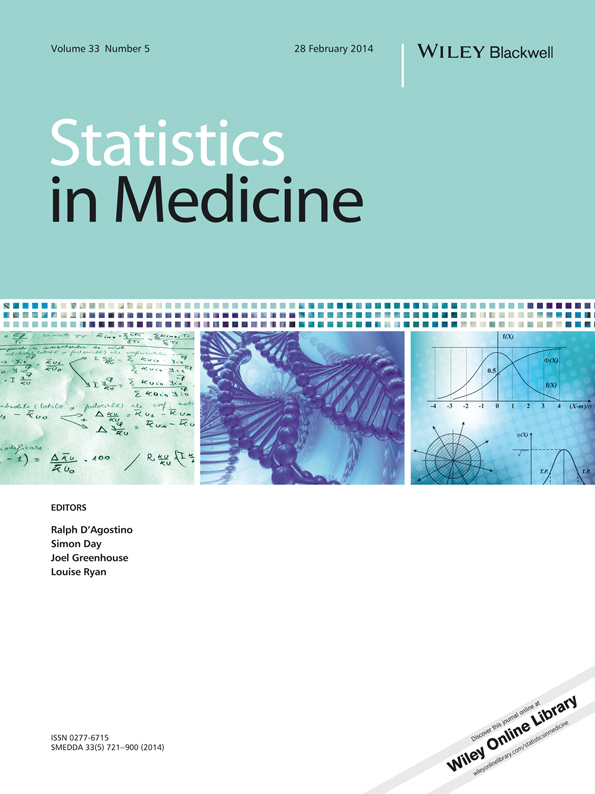New approach to assess bioequivalence parameters using generalized gamma mixed-effect model (model-based asymptotic bioequivalence test)†
Abstract
In the pharmacokinetic (PK) study under a 2x2 crossover design that involves both the test and reference drugs, we propose a mixed-effects model for the drug concentration-time profiles obtained from subjects who receive different drugs at different periods. In the proposed model, the drug concentrations repeatedly measured from the same subject at different time points are distributed according to a multivariate generalized gamma distribution, and the drug concentration-time profiles are described by a compartmental PK model with between-subject and within-subject variations. We then suggest a bioequivalence test based on the estimated bioavailability parameters in the proposed mixed-effects model. The results of a Monte Carlo study further show that the proposed model-based bioequivalence test is not only better on maintaining its level but also more powerful for detecting the bioequivalence of the two drugs than the conventional bioequivalence test based on a non-compartmental analysis or the one based on a mixed-effects model with a normal error variable. The application of the proposed model and test is finally illustrated by using data sets in two PK studies. Copyright © 2013 John Wiley & Sons, Ltd.




